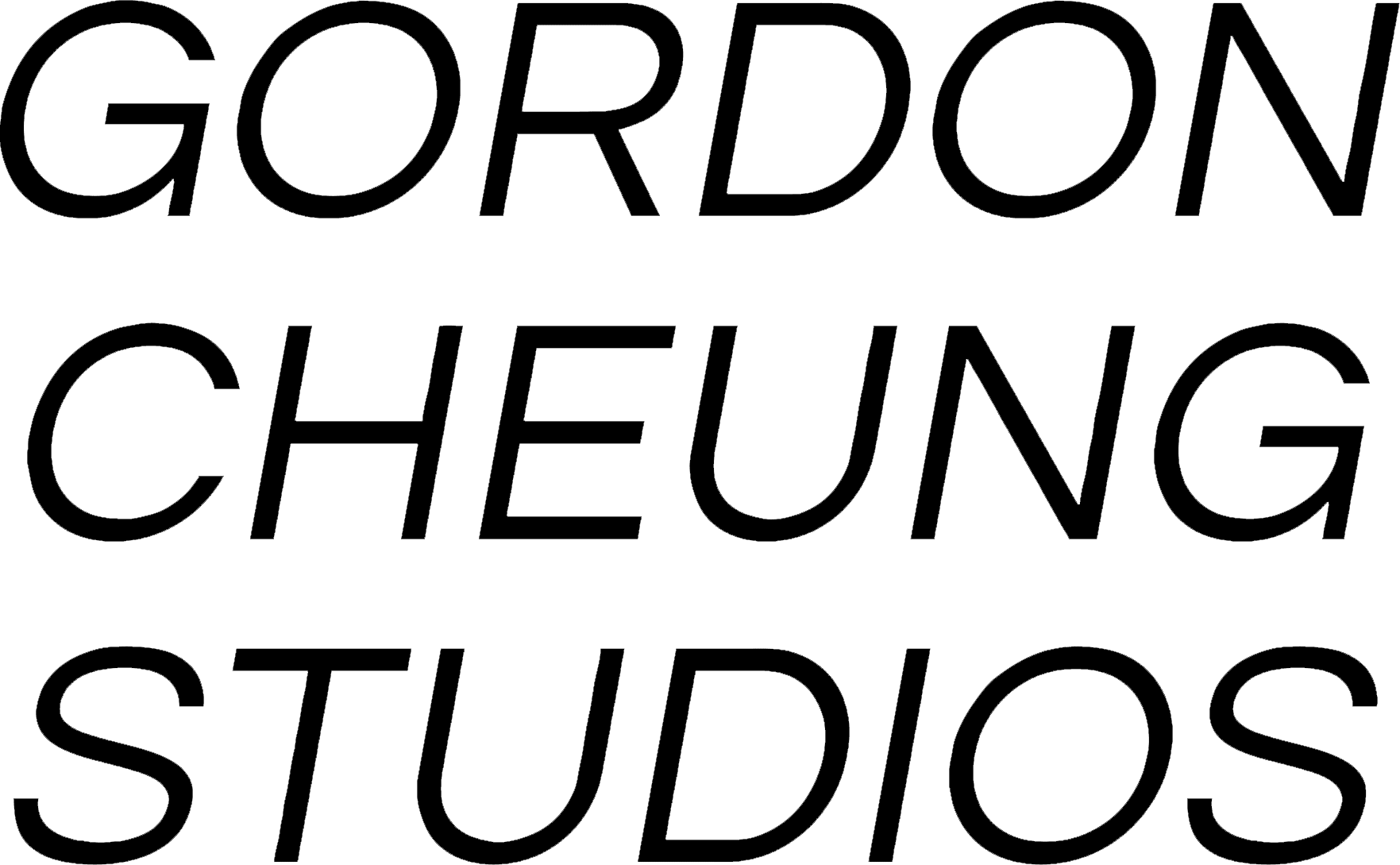Arrow to Heaven is my first solo show in Paris at Almine Rech Gallery. It is an exploration of lesser known histories of the Opium Wars that Britain and France joined forces to wage war to force the Qing Empire of China to open up trade via what is known as the unfair treaties and to legalise Opium. It led to the collapse of The Qing Empire that was ultimately replaced by Modern China.
Two excuses were used by the British and French to conduct the 2nd Opium War from 1856-1860. The British were outraged that the Chinese allegedly pulled down a British flag from a British registered ship suspected of being a pirate Opium boat called 'Arrow' and the French by the execution of a missionary illegally preaching Christianity in forbidden areas. The Anglo-Franco alliance bombarded Canton beginning the 2nd Opium war that led to further 'Unfair treaties', the looting and burning of the Summer Palace. The city of Tianjin, literally translated as 'Heaven's Ford or boundary' is where the treaty was signed.
I explore these histories with overlapping maps that signify mythologies and narratives used to mobilise nations. Stories are powerful unifiers of identities that bind people into groups, tribes, societies, civilisations and nations. My show invites meditation on the tectonic plates of history as they clash into turbulent rises and falls of civilisations. I create spaces to question glorified histories written by victors to shine light on the darkened past in order to understand the present and to existentially envision the type of humanity we want for the future.
I source imagery from old maps and Google Earth to photo collage the actual locations of the histories he visually weaves together into his paintings. They traverse real world and mythological spaces to poetically question what it means to be human. His multi-layered approach to technically constructing his work involves collaging real financial newspapers as a symbol of global Capitalism and sand as an Ozymandian metaphor of how all civilisations crumble to sand. The timelining of Dutch Golden Age still life paintings and motifs of China mark what is considered to be the birth of Modern Capitalism through to Modern China. The romantic language of Dutch still life is of futile materialism and fragile mortality to existentially question life’s meaning. It also happens to ‘erase’ the history of how they accrued their wealth through Colonisation, slavery, Opium trafficking and militarised trade routes. These contradictions of amnesiac histories by civilisations are the fluctuating spaces that I seek to profoundly explore as a person born in-between his identities of being both British and Chinese. - Gordon Cheung, 2022

